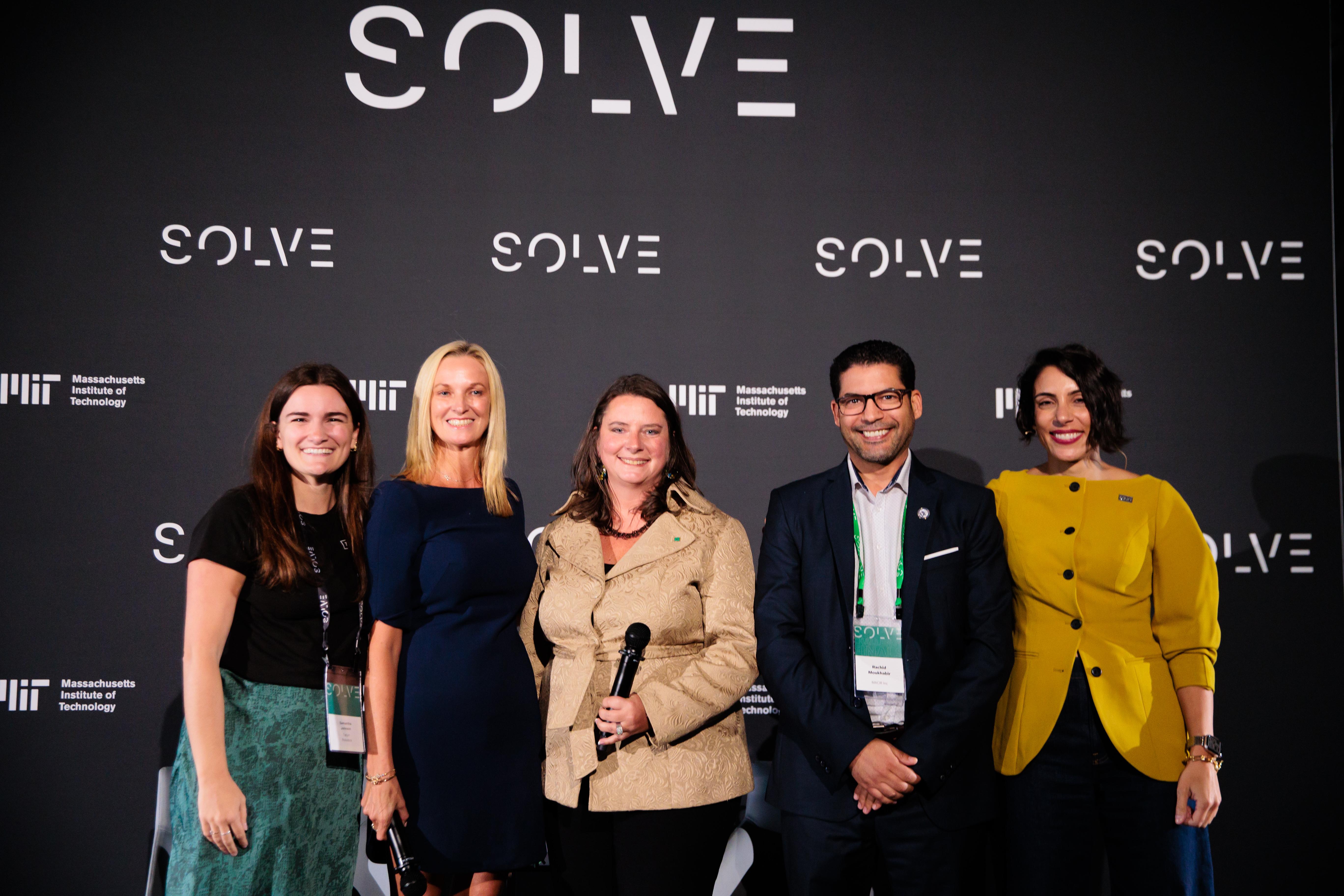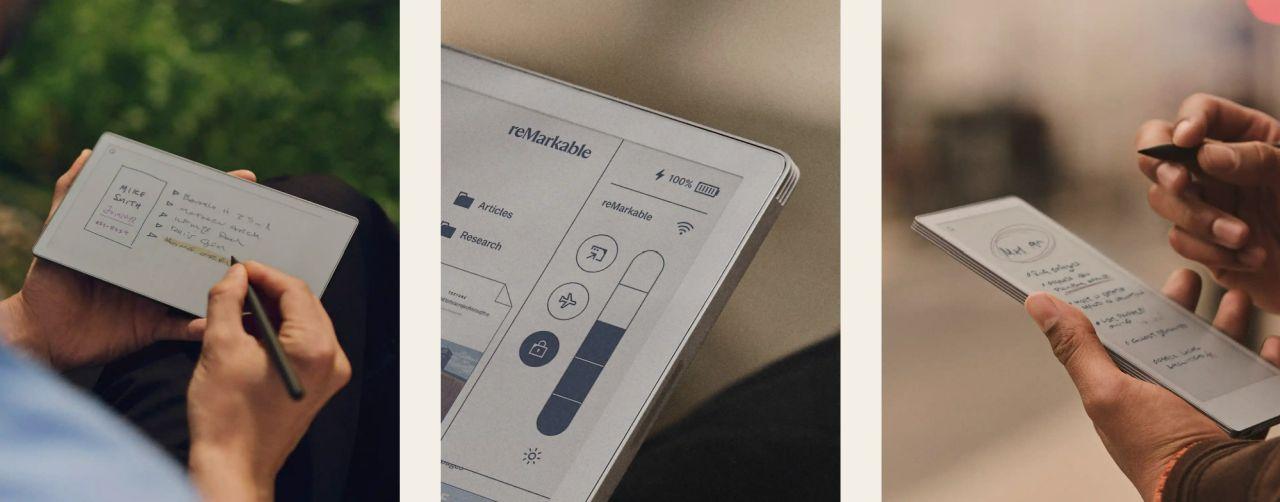
Advocating for an Accessible, Inclusive Future for Wheelchair Users: Insights from Solver WheeLog!
National Disability Employment Awareness Month starts today, and this year’s theme is “Increasing Access and Opportunity”—a driving mission for 2019 Solver WheeLog!.
WheeLog! is a crowdsourced, accessible map application designed to help wheelchair users navigate their environment with ease. The Tokyo-based WheeLog! team is also developing policies aimed at facilitating mobility support for people with disabilities.
Co-Founder & CEO Yuriko Oda, along with Yuichi Matsushita (Secretary) and Mio Yamamoto (Global Coordinator), reflect here on how the ongoing pandemic has reshaped the mobility challenge, and how we can catalyze this moment to build a more inclusive post-Covid-19 world.
Impact of the Pandemic on Wheelchair Users’ Lives
Before the pandemic, Japan was excitedly preparing to host the Olympics and Paralympics. Tokyo was the first city to host the Paralympics in 1964, and the return of the games sparked a newfound interest in accessibility and disability policy in the Japanese Government. Unfortunately the cancellation of the games and the urgency of the ongoing pandemic has caused an attention deficit for these issues, but we at WheeLog! are continuing to advocate for this community—and we hope you will join us.
The Covid-19 pandemic has impacted people with disabilities in myriad ways. On the positive side, the pivot to remote work has made the workforce more accessible by eliminating the daily commute. In 2017, the turnover rate of people with disabilities after a year of employment was 40 percent. By removing the barrier of commuting and by expanding the job market to include previously inaccessible offices, we are hopeful that this statistic might reduce significantly. Further, restaurants that were not accessible before the pandemic are becoming more accessible to wheelchair users as social distancing mandates business owners widen the aisles between tables.
However, wheelchair users who suffer from underlying high-risk diseases are unable to venture out safely during the pandemic. We did a survey of WheeLog! users, and half of our respondents answered that the coronavirus had reduced their opportunities of going out. Even with outings limited, our users still need information on safe and accessible routes to reach essential work, family, doctor’s visits, and other meetings around the city, which is why we are continuing to develop and grow the WheeLog! map.

Advocating for an Accessible Future
At WheeLog!, we know that social issues are often resolved by the very people who are suppressed by them. For example, we have seen ramps installed on sidewalk curbs in response to people with disabilities advocating for them. Most recently, our team has used the accessibility data provided by our community of wheelchair users to formulate barrier-free design standards for restaurants and hotels to be used in government policies. Construction on buildings and roads has continued throughout the pandemic, and it is vital that we prioritize accessibility in all new buildings in order to create a more inclusive post-Covid-19 society.
We are also advocating for more inclusive thinking in order to shape a society that welcomes all people with disabilities. As people are increasingly isolated, their exposure to communities apart from their own decreases. At WheeLog!, we are working to ensure that wheelchair users do not become further “othered” or perceived as invisible by this pandemic. Creating a barrier-free society—both in mindset and in practicality—must remain a priority.
A few simple actions you can take to support this community include: refraining from using multipurpose toilets and parking spaces, opening doors and holding elevators when needed, and creating opportunities to speak with wheelchair users. Learning about the specific issues a person experiences in daily life can lead to new learnings and open your mind. We also recommend, if you have an opportunity, to actually try using a wheelchair yourself. This can be extremely helpful in understanding the experience of people with disabilities. We are living through a historic time, and we ask that you use this moment to educate yourself on social minorities, such as wheelchair users, and adopt a barrier-free mindset for the future.
As we enter National Disability Employment Awareness Month, we hope this gives you a more complete picture of our community and the importance of building an accessible and inclusive society. As we have all been reminded by this pandemic, no one lives alone, we are all interconnected on this planet. At WheeLog! we aim to create a society where everyone can get where they want to go, and we hope you will join us in this effort.
Join Solve as a Member to support Solver teams like WheeLog!.
Photo: Joe Jenkins / MIT Solve
Tags:
- Economic Prosperity
Related articles
-
Workforce Development for the Future: A Q&A with Michelle Hecht, Executive Vice President, Head of Corporate Affairs, Citizens

-
Powered by Purpose: E Ink’s ePaper Technology Takes Aim at the World’s Toughest Problems
Because it draws power only when an image changes—and none at all while static—ePaper reduces energy consumption by orders of magnitude. That single breakthrough unlocks net-zero transit signs, off-grid medical notebooks, and other applications that traditional screens simply can’t power sustainably.
-
MIT Solve Launches $1.5M Global Search for Tech-Enabled Social Innovations
The world's leading social impact platform seeks tech innovators tackling global challenges in Climate, Health, Learning, Economic Prosperity, and Indigenous Communities